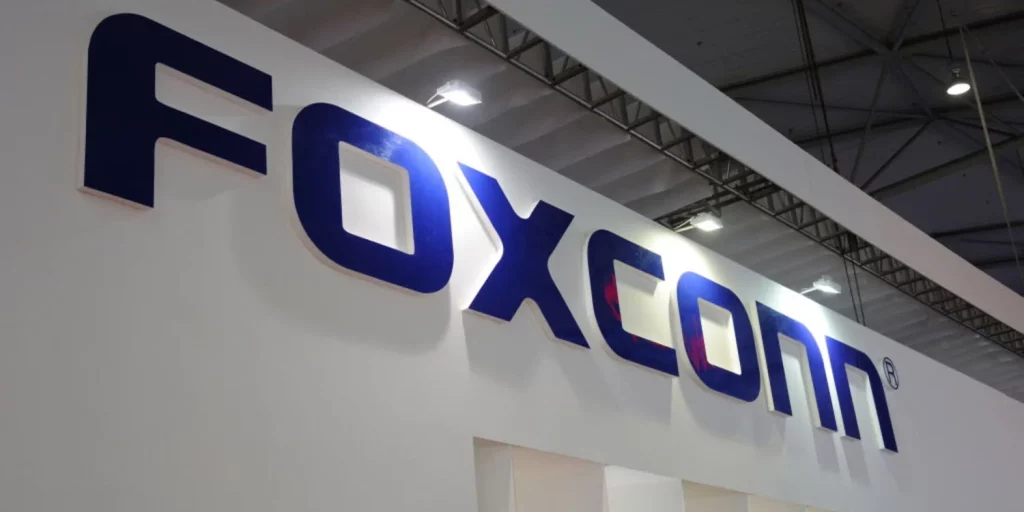Usually, factories do not necessarily require their own power plants, but they do need a reliable power supply. Most factories connect to the local electrical grid provided by utility companies, paying for the electricity consumed based on their usage. However, some factories, particularly those in remote areas or with high energy demands, may choose to have their own power generation systems, such as diesel or gas generators, solar panels, wind turbines, or combined heat and power (CHP) plants. Having dedicated power plants allows them to ensure a stable energy supply, especially when the grid is unreliable or insufficient. The decision depends on factors like cost-effectiveness, resource availability, grid reliability, and environmental considerations. It seems like Foxconn may look into investing in a power plant for their factory in Vietnam, since it has been running into some power troubles lately.
The companies were contacted by the Govt. which asked them to lower Energy Usage
In a recent report by the Wall Street Journal, Vietnam has been grappling with an energy crisis due to several factors, including extreme heat, surging electricity consumption, and dwindling water levels in hydropower stations. As a result, the country has implemented a rolling blackout plan, adversely impacting the production capacity of major factories belonging to industry giants such as Samsung, Foxconn, Canon, and Luxshare.

The affected factories primarily reside in the northern Vietnamese provinces of Bac Ninh and Bac Giang. Since the morning of June 5, power outages have been experienced in at least five industrial areas, causing disruptions to operations. Foxconn, with its factories located in Bac Ninh and Bac Giang, along with Samsung Electronics, Goertek, and AAC Technologies, has received requests from the Vietnam Electricity Company to change their operational schedules or reduce electricity usage during peak hours.
Despite the challenges posed by the power cuts, sources indicate that Foxconn has managed to maintain normal operations. In a positive move to mitigate future energy-related issues, Foxconn has announced plans to construct its own power plant in 2024, which would provide the company with greater control over its energy supply and reinforce its operations.
The energy crisis in Vietnam serves as a reminder of the critical importance of a reliable power supply for industrial production. It highlights the vulnerability of factories reliant on external power grids and the potential benefits of establishing dedicated power generation systems. As companies navigate these challenges, they are compelled to explore sustainable solutions to ensure uninterrupted operations in a not-so-distant energy-deficient future.
RELATED:
- Indian Government May Deny Funding for Billion-Dollar Vedanta-Foxconn Semiconductor Venture
- Foxconn increases pay and bonus package for workers in Zhengzhou, China
- Best lightweight and durable travel backpacks with smart organization features in 2023
(Via)







